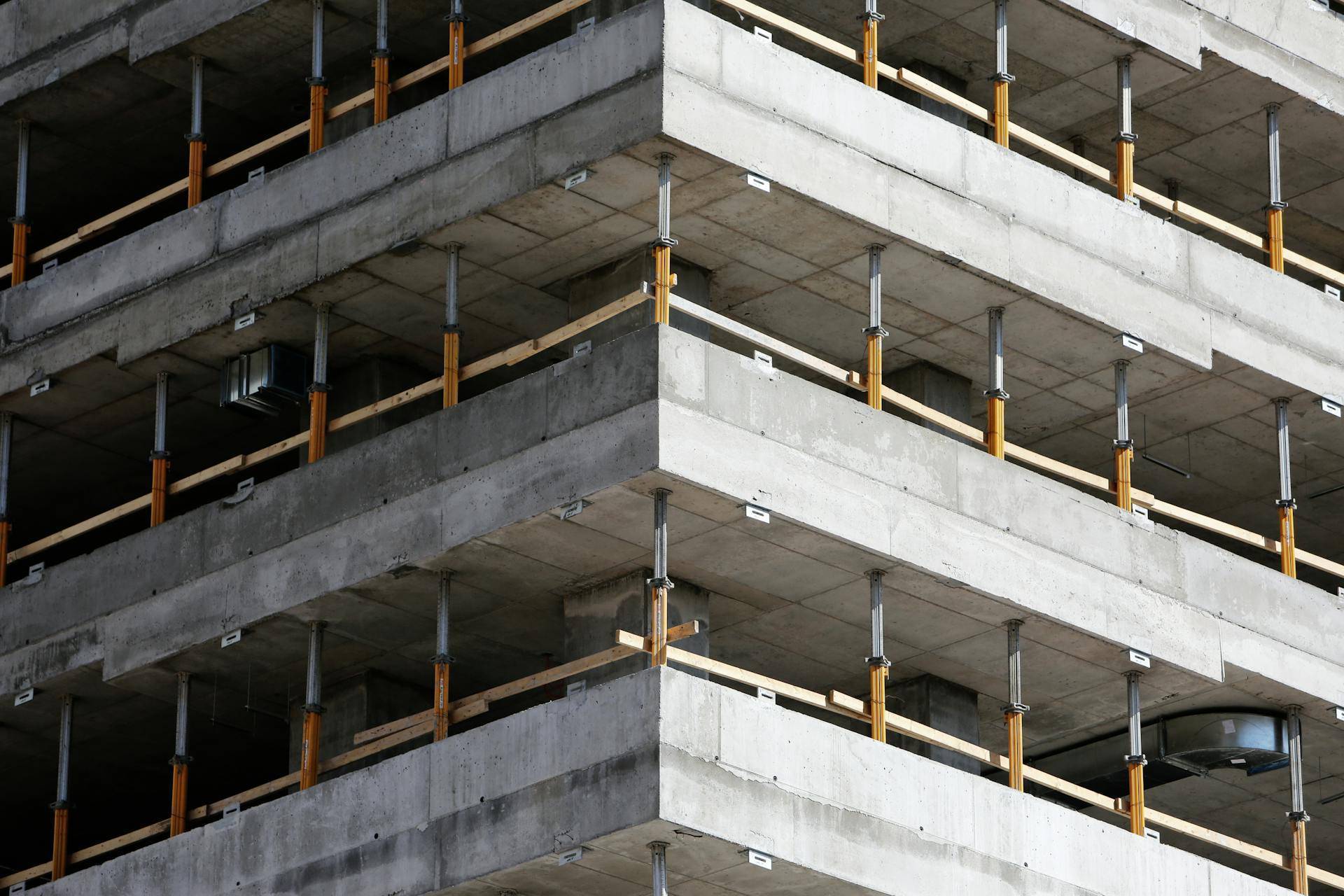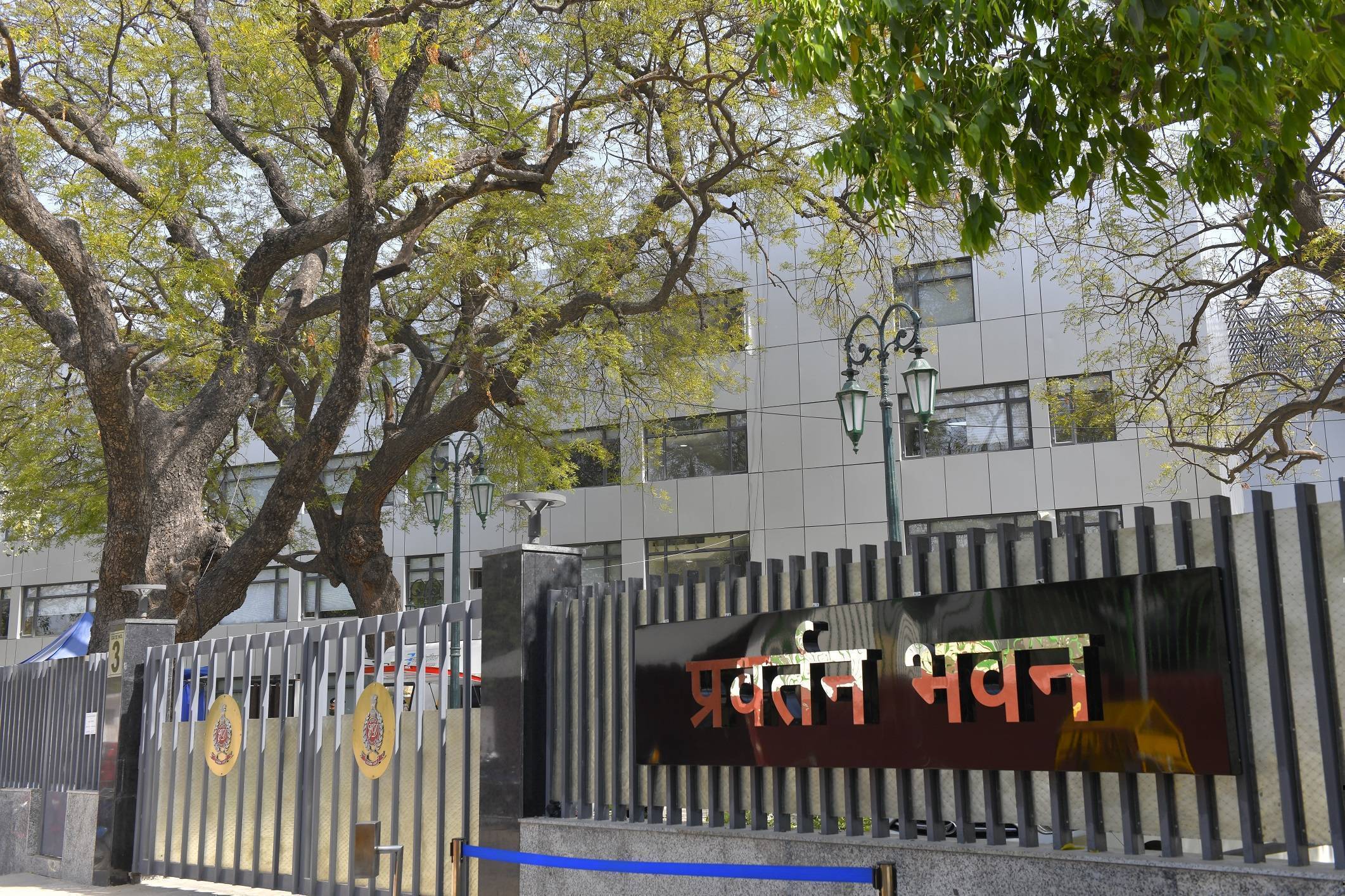In Bengaluru, the issue of delayed possession of apartments has long troubled homebuyers, often resulting in financial loss and mental distress. Despite numerous interventions from the Karnataka Real Estate Regulatory Authority (KRERA), many builders continue to disregard the orders, leaving buyers stranded. A recent case has brought this issue to the forefront, where a distressed homebuyer has approached the National Human Rights Commission (NHRC) after facing prolonged delays in getting possession of his apartment, despite multiple KRERA orders and compensation directives.
The Case of Sudhakar Lakshmanaraja
Sudhakar Lakshmanaraja, a homebuyer in North Bengaluru, has been waiting for five years for the possession of his apartment. The project, which was expected to be completed by 2019, has been significantly delayed, leaving Lakshmanaraja in a state of frustration. As a last resort, Lakshmanaraja turned to the National Human Rights Commission (NHRC), seeking relief not just for the delayed possession but also for the compensation that had been ordered by KRERA but remained unpaid.
Despite multiple KRERA orders addressed to the revenue department for the recovery of penalties from the builder, no tangible action has been taken, leaving the buyer with no recourse. In his complaint to the NHRC, Lakshmanaraja argued that the delay was not just a breach of contract but a violation of his fundamental right to a dignified life, as his financial and personal well-being had been severely impacted.
The NHRC, in response, forwarded the complaint to the Karnataka State Human Rights Commission (KHRC), which in turn sent a letter to the Karnataka RERA secretary and the deputy commissioner of the revenue department. The commission demanded a report on the action taken to resolve the issue. The KHRC also set a deadline of January 9, 2024, for the authorities to provide a response.
Legal Framework and Challenges
Legal experts highlight that, under the current regulatory framework, homebuyers have the option of filing a complaint with KRERA in case of delayed project handovers. KRERA, which was established to safeguard the interests of homebuyers, issues orders directing builders to compensate the buyers or to refund their money for delays in possession. In cases where builders fail to comply, KRERA also orders the revenue department to recover the amount in the form of land arrears.
In this case, KRERA had issued orders demanding compensation and penalties from the builder for the delay, but no significant action had been taken by the revenue department to enforce these orders. This lack of enforcement is a common issue faced by many homebuyers in Bengaluru, leading some, like Lakshmanaraja, to seek the intervention of the Human Rights Commission.
As per the law, homebuyers who have invested a substantial portion of their savings in buying a home are entitled to compensation if the builder fails to meet the deadlines set for possession. When KRERA issues an order for compensation, the revenue department is responsible for recovering the money by treating it as land arrears. However, the process of recovery has been slow, often leaving homebuyers in limbo for months, or even years.
Role of the Human Rights Commission
The intervention of the Human Rights Commission in such matters is a relatively new development. While the Commission does not directly handle real estate disputes, it can take up cases where homebuyers’ fundamental rights are being violated. Legal experts suggest that if a homebuyer approaches the Human Rights Commission, the Commission can send a notice to the relevant state authorities, such as KRERA and the revenue department, asking them to submit compliance reports. This adds pressure on the authorities to take action, which may expedite the process.
However, experts also note that while the Human Rights Commission can push for action, the final resolution of such disputes still requires legal processes to unfold, often involving civil cases or the intervention of government bodies like KRERA. The role of the Human Rights Commission, in this context, is more about drawing attention to the violation of basic rights, especially when other avenues have been exhausted.
Impact on Homebuyers
For many homebuyers in Bengaluru, the delay in receiving possession of their flats is not just a financial issue but also a matter of personal dignity. Buyers like Lakshmanaraja, who have invested significant sums—often over 80% of their savings—are left in a precarious situation. The psychological toll of waiting for years for a home that was supposed to be ready long ago is compounded by the financial burden of having made payments without receiving any tangible return.
Legal experts argue that the system, while in place, is far from perfect. The slow recovery process at the revenue department has left many homebuyers with no choice but to take extreme measures, like approaching the Human Rights Commission, in hopes of drawing attention to their plight.
Other Avenues for Homebuyers
While the NHRC and KHRC are important avenues for justice, homebuyers also have other legal recourse options. KRERA itself is empowered to take action against builders who fail to comply with its orders. Additionally, homebuyers can approach consumer forums, tribunals, or even the High Courts, depending on the nature of their grievances.
The Karnataka government’s failure to enforce KRERA orders efficiently has been a point of contention for years. In fact, a KRERA document from August 2024 revealed that developers in Karnataka owe homebuyers more than ₹486 crore in refunds for delayed apartment deliveries. This large sum further underscores the systemic issues in handling real estate disputes in the state.
The case of Sudhakar Lakshmanaraja highlights the growing concerns among homebuyers in Bengaluru who are facing long delays in receiving their apartments. While the Human Rights Commission can help bring attention to these issues, the final resolution depends on how effectively state authorities enforce the law.
As homebuyers continue to seek justice, it is clear that the real estate regulatory framework needs to be more robust to ensure that builders are held accountable and that buyers’ rights are protected.









